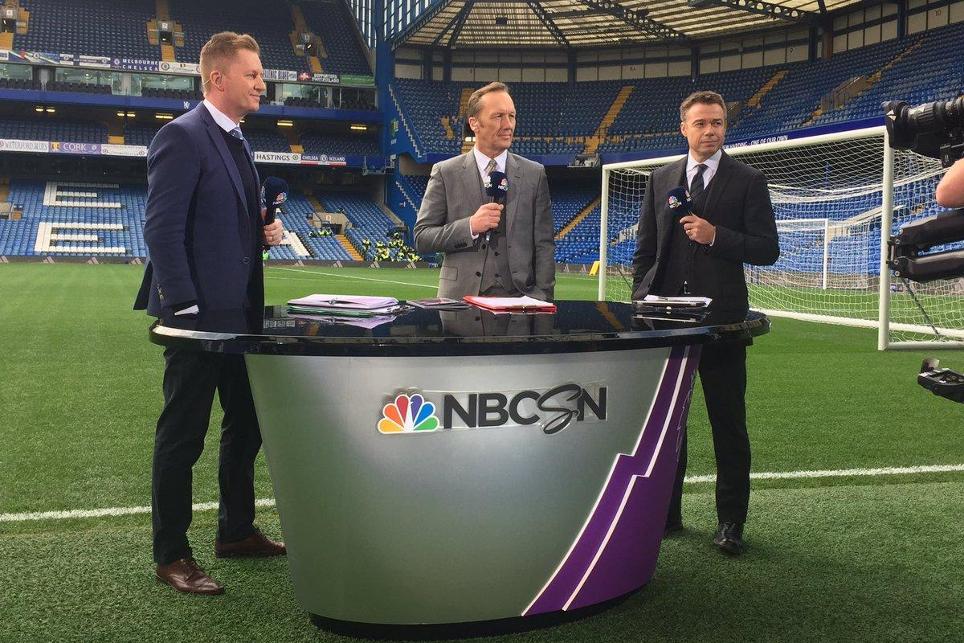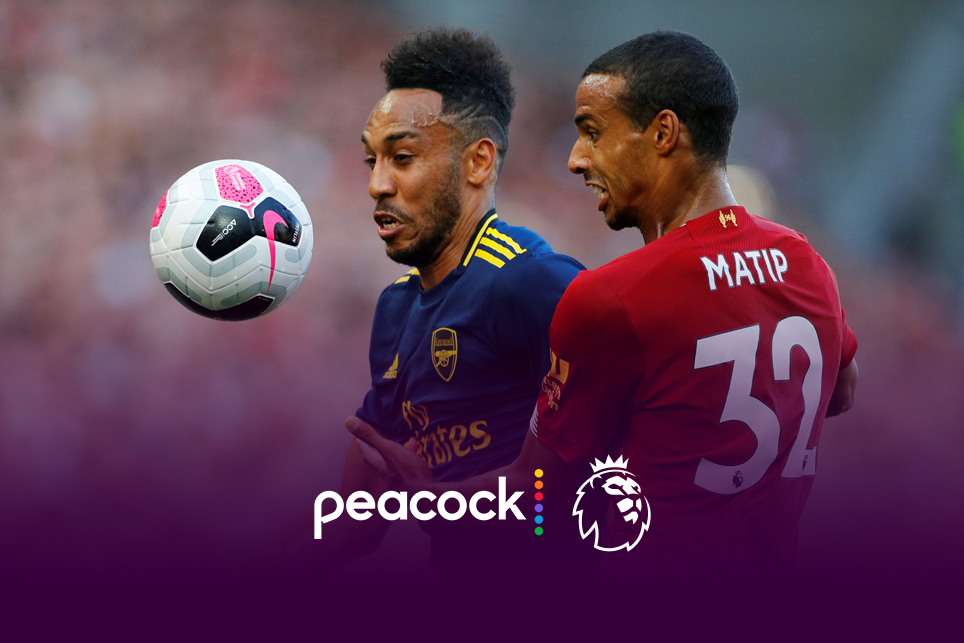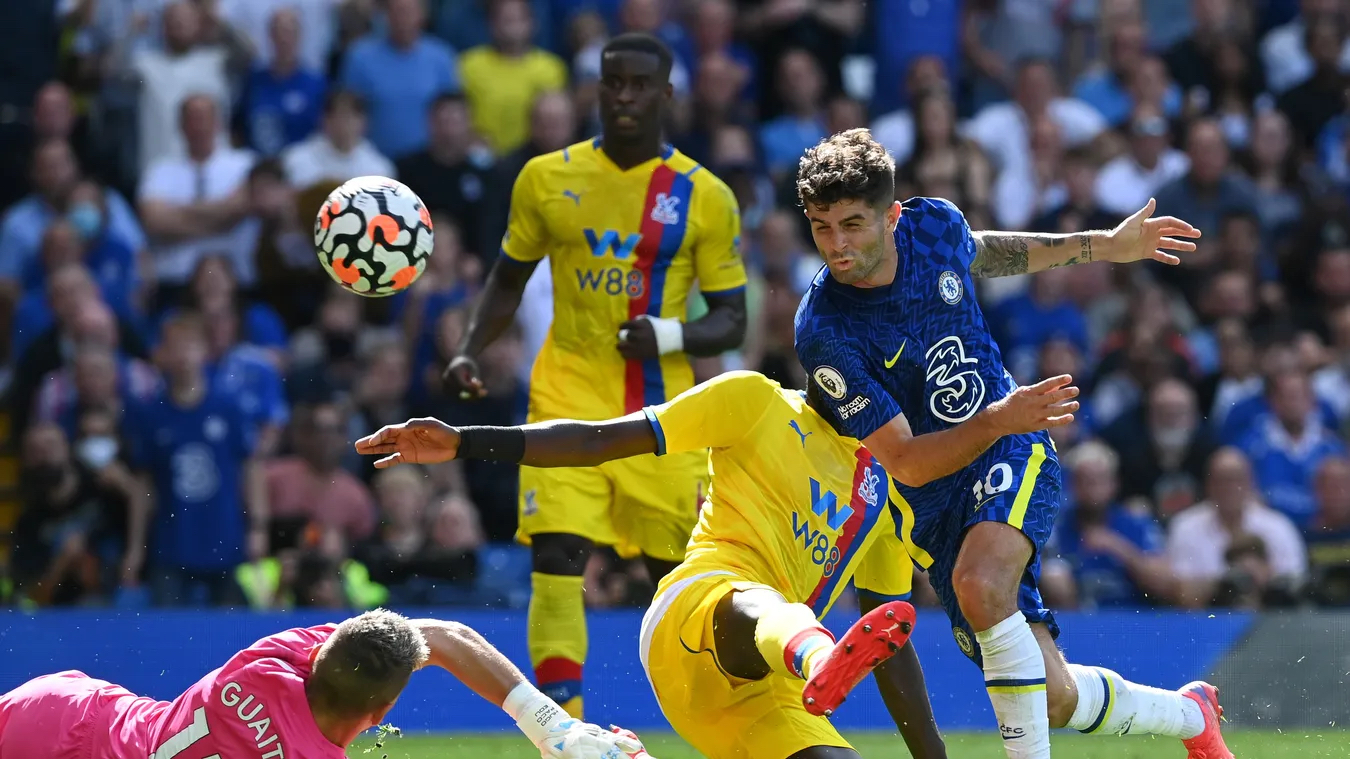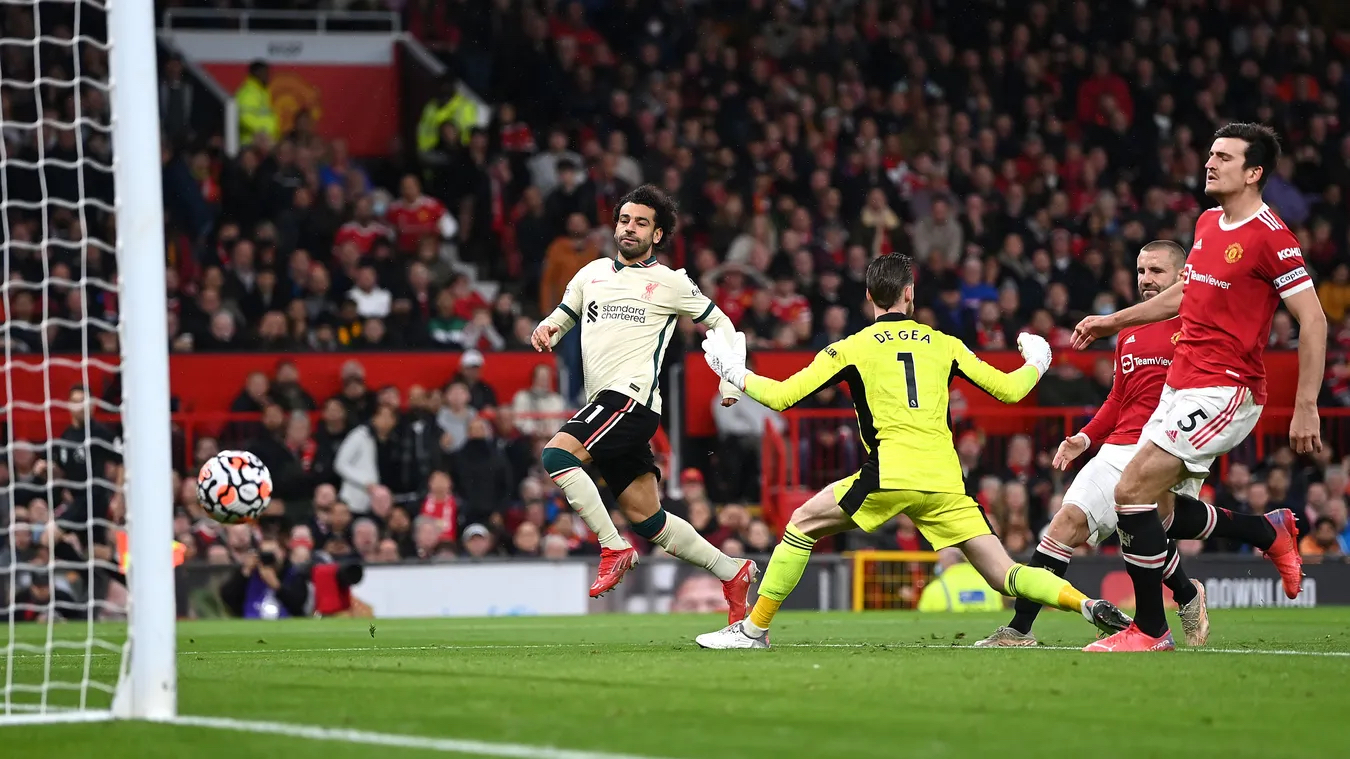
After more than 40 years of operation, DTVE is closing its doors and our website will no longer be updated daily. Thank you for all of your support.
The Premier League’s mega US rights deal represents the next step of its international evolution

After much speculation, the English Premier League has confirmed its record international rights deal with NBC Sports in the US.
The deal, worth upwards of £2 billion over six years, will see NBC Sports broadcast all 380 matches from the EPL, across its platforms including NBC, USA Network, NBCSN, NBC Sports digital and Peacock.
Tim Westcott, senior research manager at Omdia, explains that there are multiple factors behind the EPL’s strength in the US, with competition for the rights being chief among them.
“There were two stages to the auction process,” the analyst explains. “NBC, which has had the rights since 2013, was facing competition from ESPN and ViacomCBS. Fox, Amazon and WarnerMedia were also interested, and that’s pretty much everybody who’s active in the US market apart from DAZN which has pulled back a little bit from the US.”
With NBC Sports confirmed as the home of the world’s most-watched football league for most of the 2020s, the broadcaster will look to make the EPL increasingly central to its strategy across both linear and digital in the coming years.
The bird’s the word
While sports broadcasting has typically been at home on traditional linear TV, advancements to live streaming technology – along with competition in an increasingly congested market – has seen broadcasters utilise their sports rights as a selling point for their OTT platforms.
This was reportedly a reason for the increased interest in this latest EPL rights cycle, with the sport – according to Nielsen – the fourth most popular sport in the US behind the NFL, NBA and MLB.
 Since launching Peacock in mid-2020, the EPL has represented a significant draw for NBCU. Announcing its year-end earnings in January, Comcast CEO Brian Roberts said that the league was a contributing factor to increasing subscriptions, with NBCU CEO Jeff Shell previously describing it as “an interesting driver for us.”
Since launching Peacock in mid-2020, the EPL has represented a significant draw for NBCU. Announcing its year-end earnings in January, Comcast CEO Brian Roberts said that the league was a contributing factor to increasing subscriptions, with NBCU CEO Jeff Shell previously describing it as “an interesting driver for us.”
It’s no surprise then that ViacomCBS and Disney’s ESPN wanted the rights to boost their respective streaming services Paramount+ and ESPN+, with rights to the major US leagues largely being available on free TV in the US.
Despite the success of the EPL on Peacock, Omdia’s Westcott does not believe that NBCU will drastically change course with its strategy for the league, but he does note that “having spent such a large amount on the rights they are definitely going to market it more.”
He adds: “I’m not sure they will necessarily change what they’re doing with it. There are some significant drawbacks to an event that is played in a European time zone, but the beauty of online streaming services is that you don’t have to put an event into a live schedule and give over airtime to something where you don’t know how many people are watching.”
Peacock, the analyst says, also gives NBCU the ability to spread out matches, with many still being played simultaneously. “They’ll be able to hit that relatively smaller audience in a way that they couldn’t with a live schedule channel.”
Brand strength
Perhaps most impressive for the league is the fact that, during a time when European football leagues have struggled to grow their rights abroad, the EPL has significantly increased its US rights valuation from the £800 million that NBC paid in 2015.
By contrast, ESPN is paying LaLiga £120 million per season for its rights, while ViacomCBS’s rights deal with UEFA for the Champions League and other European club competitions is worth £100 million per season. Other major European leagues including Serie A and the Bundesliga net less than £50 million in US rights deals per season.
Westcott says that this isn’t necessarily an indication that the quality of football is better in England. He draws a parallel with another branding battle in a different industry.
“Asking why the Premier League is more successful than other European leagues is like asking why coca-cola is more popular than Pepsi,” he jests. “I think the Premier League has just done an excellent job of marketing itself as a product, and I think they’ve done that partly because they do their own rights deals.
“The Premier League has been very clever in developing its brand internationally.”
Part of that brand strength in the US lies on the shoulders of one 23 year old from Hershey, Pennsylvania. Chelsea’s Christan Pulisic – dubbed Captain America by fans and other players – is arguably the most talented player the US has ever produced and is a significant draw with his 4.5 million-plus followers on social media. It’s no surprise that the player is often at the front of NBC’s marketing material for the league, despite not even being a first-choice pick for the west London club on a weekly basis.
Further afield
Pulisic aside, the league’s largely cosmopolitan makeup makes it an attractive prospect to fans, with players from all corners of the globe ranging from the Egyptian icon Mohammed Salah to Tottenham’s Korean star Son Heung-min providing a greater international representation than many other European leagues dominated by domestic players.
The increasingly international appeal – along with the evident financial rewards of appealing to the US market – means that the next step for the Premier League may be to bring live matches to the country in person, Westcott speculates.
“There’s always been this talk of Premier League games being played outside of the UK, and you can see that the sheer volume of money being put on the table makes an actual league game played in the US a possibility,” the analyst says.
But while this controversial prospect is one which will come with significant discussion internally and externally, Westcott says that the future for the league is a greater focus on international expansion.
“Clearly the rights have stopped growing in the UK – the amount the league is getting domestically is not going to increase even though they renewed their current deals for three more years,” he says. “They really need to develop the property in places like the US and other hotbeds of Premier League interest like Asia and the Nordic countries because they don’t have the growth at home.”
The English Premier League will always be just that – English – but this latest deal shows that international rights are likely to become an increasing area of attention for its financial expansion.




